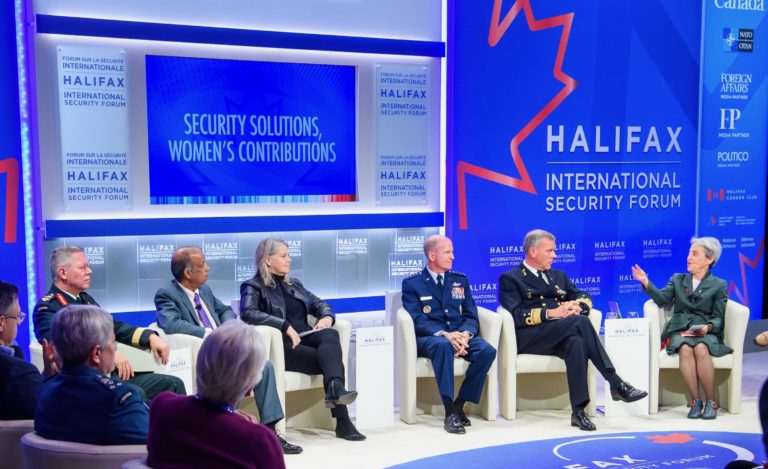
2021 Halifax International Security Forum
DATE
November 19-21, 2021
LOCATION
Halifax, Nova Scotia
PARTICIPANTS
300
AGENDA & SPEAKERS
16:00-16:30
Welcome On the record
Speakers
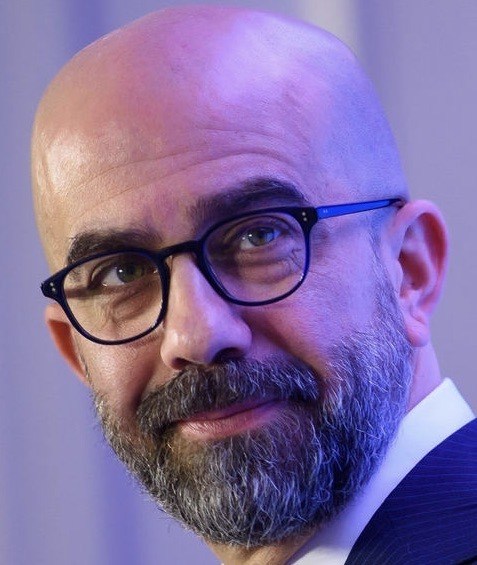
Mr. Peter Van Praagh
President, Halifax International Security Forum
Opening Remarks ON THE RECORD
Speakers
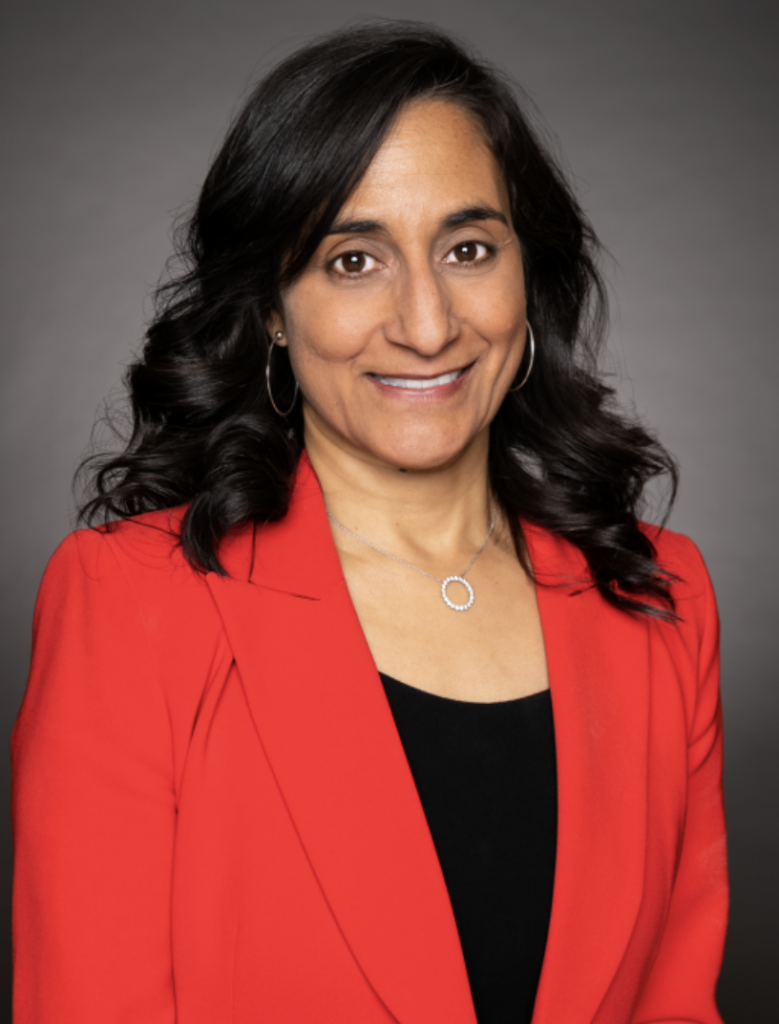
Minister Anita Anand
Minister of National Defence, Canada
It’s been a long two years, but this is Canada. This is the United States of America. These are the global sources of democracy and have carried much heavier loads… We are not going to lose confidence as we make up for lost time.
— Peter Van Praagh
We have an obligation to protect those who protect our country.
— Hon. Anita Anand
16:30-17:30
Plenary 1: After the Fall –– On the record
Speakers
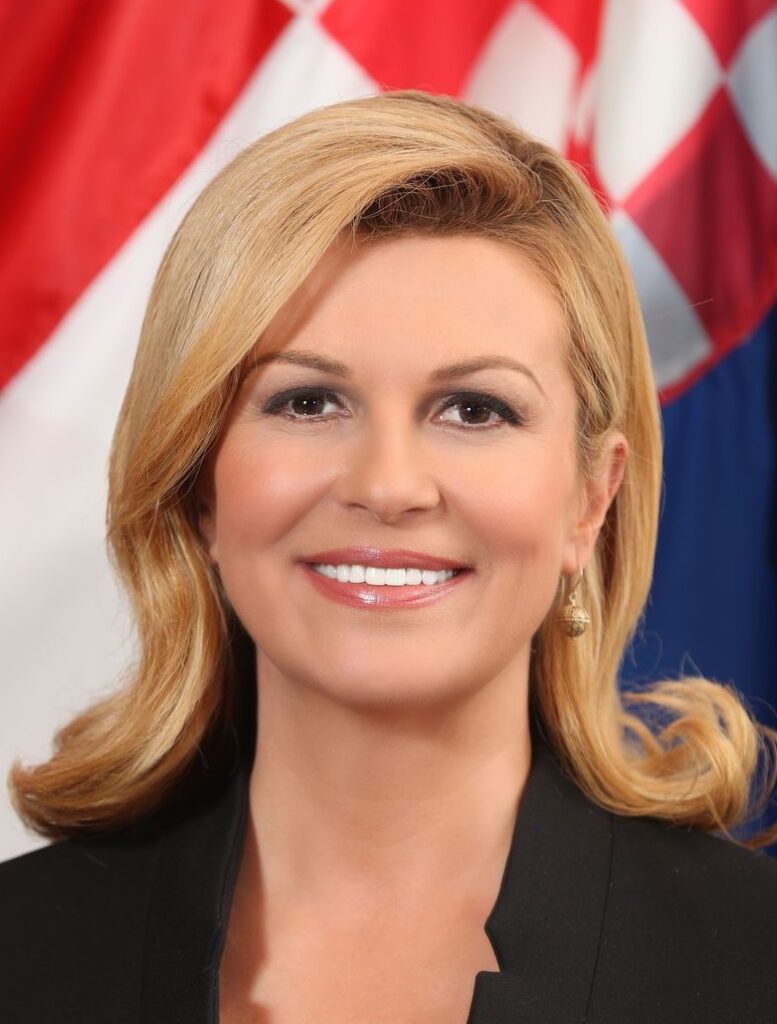
President Kolinda Grabar-Kitarović
4th President of the Republic of Croatia
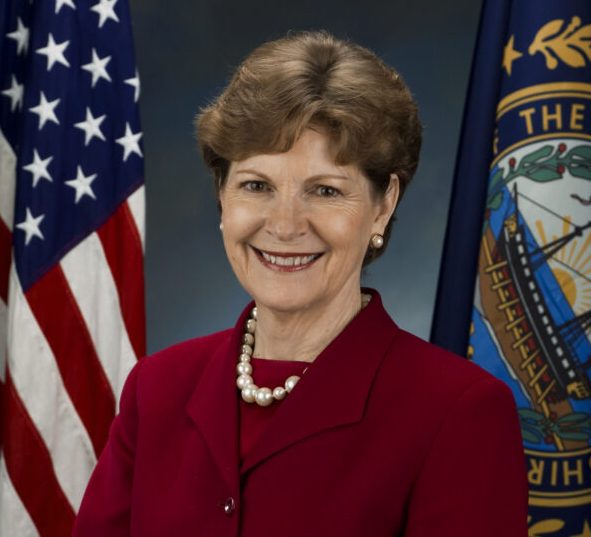
Senator Jeanne Shaheen
United States Senator for New Hampshire
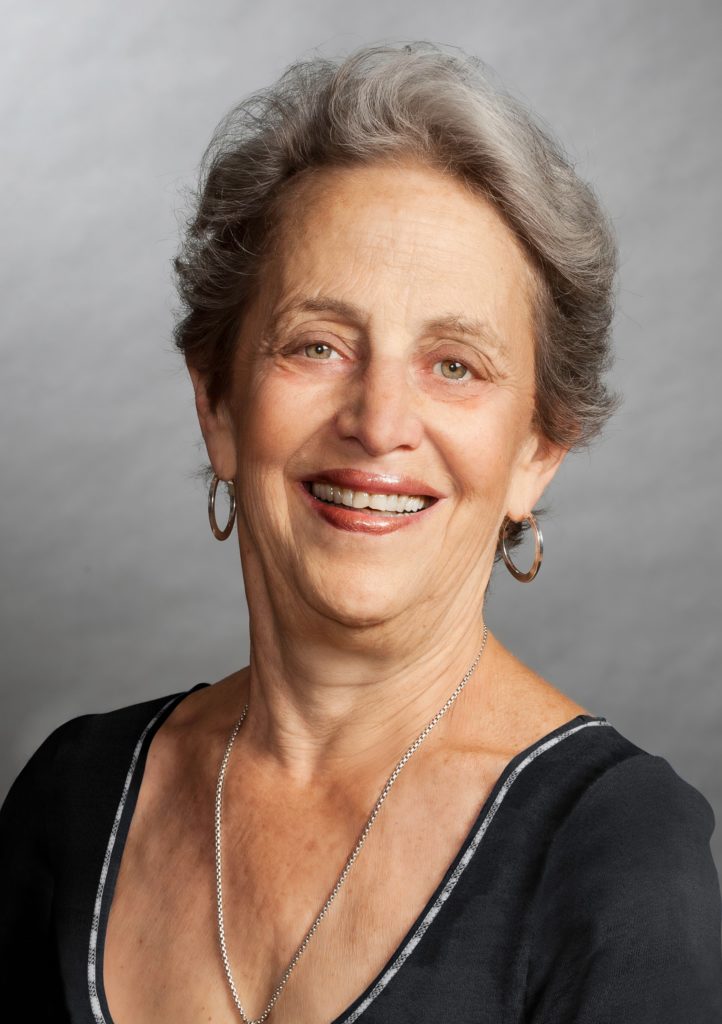
Dr. Janice Stein
Belzberg Professor of Conflict Management and Founding Director, Munk School of Global Affairs, University of Toronto
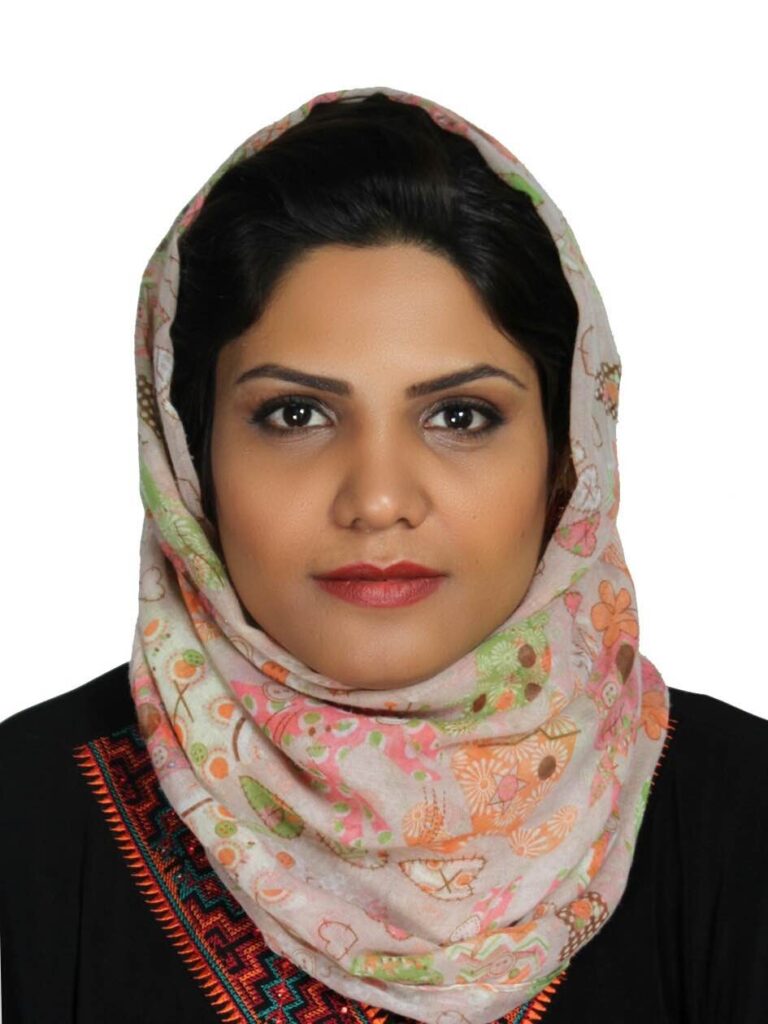
Ms. Sabrina Saqeb
Former Member of Parliament, Afghanistan

Moderator Ms. Luiza Savage
Executive Editor, POLITICO
After nearly two decades of Western military presence in Afghanistan, a resurgence of regional instability and authoritarianism is occurring following the withdrawal of troops.
The inaugural plenary of HFX 2021 featured women in global positions of political and thought leadership. All shared their dismay at the pressing threat that the Taliban regime poses to women’s rights, mobility, social and economic freedoms, and overall regional security. Joined by Sabrina Saqeb, a former Afghan Member of Parliament, the plenary explored the fragility of institutions in a fledgling democracy.
Jeanne Shaheen and Janice Stein highlighted the difficult task of separating the humanitarian issue of growing food insecurity and lack of access to basic needs from efforts to thwart the Taliban from outside Afghanistan’s borders.
Kolinda Grabar-Kitarović compared her experiences in Bosnia & Herzegovina to her on-the-ground experiences in Afghanistan. Ultimately, she argued for the importance of military intervention to stabilize situations, allowing for long-term growth of democratic institutions.
The panelists emphasized the need to keep Afghanistan alive in the minds and the policies of governments across the world. They also highlighted many improvements to quality of life that depended on the stability of the past 20 years. For many young Afghans, it is the only form of government they have known. They agreed on the importance of delivering aid to safeguard humanity and discussed the efficacy and responsibility of Western military forces in promoting (or preventing) a uniquely Afghan democracy.
I took 20 years of my life to taste democracy. And then, after 20 years, they took it away from us. They said, ‘Well, it was tasty, but it’s not for you.’ Afghans don’t deserve this.
— Sabrina Saqeb, Co-Founder, Technical Advisor, Research Institute for Women, Peace and Security, Afghanistan
Democracy cannot grow overnight. It takes years and years, and we have to take into account the local circumstances.
— Kolinda Grabar-Kitarović, 4th President, Government of the Republic of Croatia, Republic of Croatia
It is not a strategy to make promises you cannot keep. It undermines the fabric of democracy.
— Janice Stein, Belzberg Professor of Conflict Management and Founding Director, Munk School of Global Affairs, University of Toronto, Canada
I’m not sure how I slept for the past three months. How have you? Watching us die a thousand times over one lifetime? Watching women and girls not go to school for over 60 days now?
— Sabrina Saqeb, Co-Founder, Technical Advisor, Research Institute for Women, Peace and Security, Afghanistan
For anyone who questions the validity of the intervention in Afghanistan, believe me – as someone who lived through war, it is absolutely worth it.
— Kolinda Grabar-Kitarović, 4th President, Government of the Republic of Croatia, Republic of Croatia
17:30-18:00
COFFEE BREAK
18:00-18:25
Halifax Chat
Speakers

Minister Anita Anand
Minister of National Defence, Canada
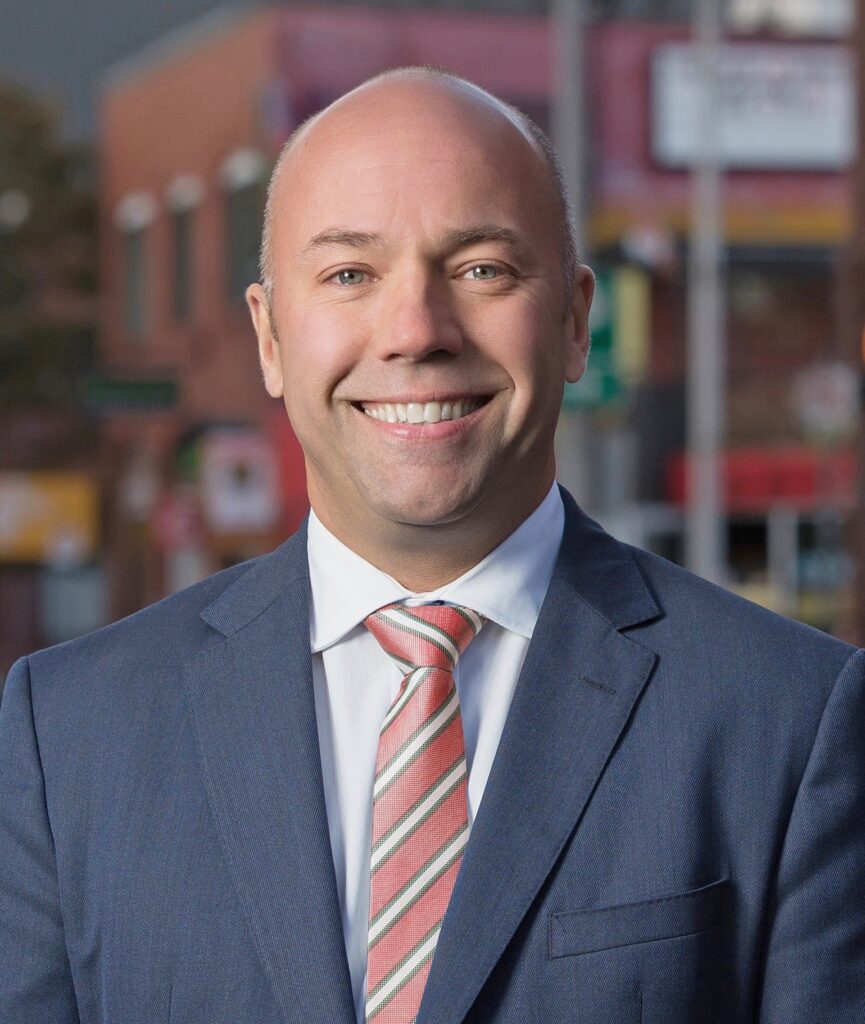
Moderator Andy Fillmore
Member of Parliament for Halifax, House of Commons, Canada
Two Nova Scotians, Minister Anita Anand and Halifax MP Andy Fillmore, used the first Chat to discuss the Government of Canada’s priorities. Minister Anand highlighted the need to address climate change as the threat grows more severe. It gives rise to different types of disasters globally, and Canada is no exception. Armed forces are increasingly called on to protect citizens and communities through emergency relief – a pattern we should expect to continue. Minister Anand also spoke of the crisis of sexual misconduct, noting that misogyny and racism have created a culture that prevents everyone feeling they have a place in Canada’s armed forces. She discussed new measures that will build public confidence and trust, as well as respect for victims and survivors. The Minister’s experience in procurement has her focused on ensuring Canada’s armed forces have the equipment and resources they need to effectively serve and defend Canada’s interests.
When it comes to taking on the big challenges, there is no one person that has all the answers. Rather, each of us holds a piece of the right answer. And that is really what the Halifax Forum is all about.
— Andy Fillmore, Member of Parliament for Halifax, House of Commons, Canada
Climate change is indeed a threat to our national and multinational security.
— Hon. Anita Anand, Minister of National Defence, Canada
We need to examine culture writ large in the Canadian Armed Forces. How can we ensure that we have an Armed Forces where racism, where misogyny, where discrimination are not prevalent?
— Hon. Anita Anand, Minister of National Defence, Canada
18:30-18:55
Halifax Chat On the record
Speakers
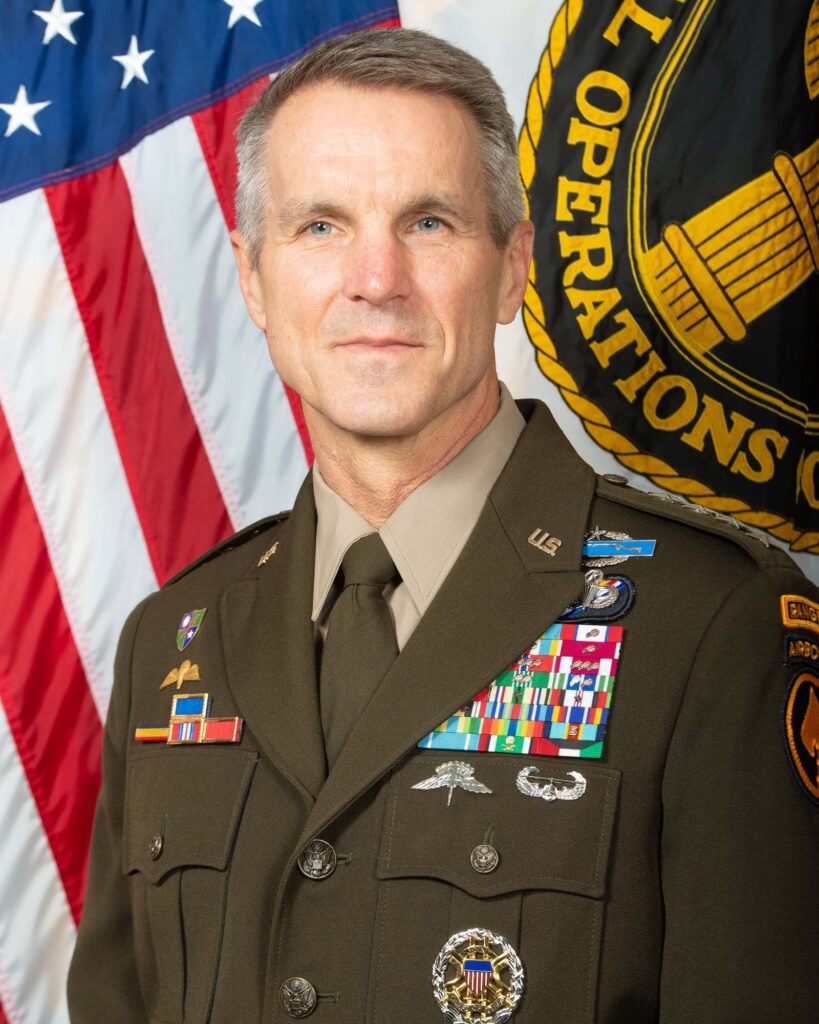
General Richard Clarke
Commander, United States Special Operations Command
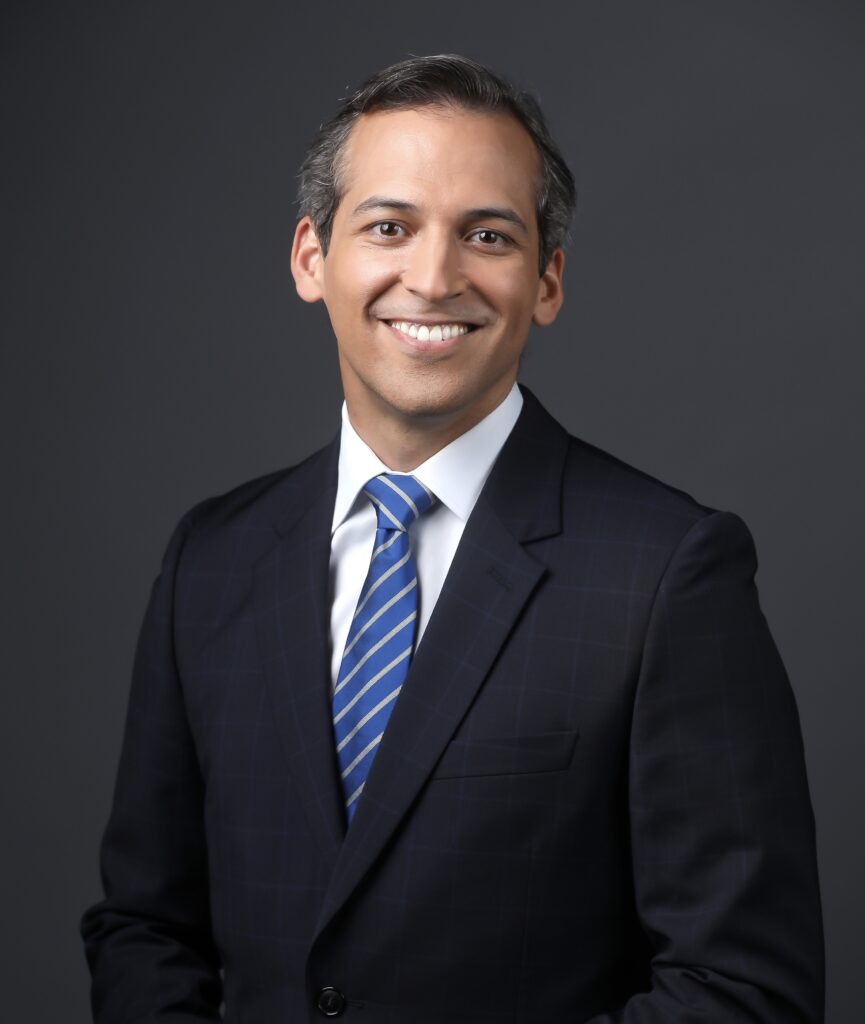
Moderator Mr. Nick Schifrin
Foreign Affairs and Defense Correspondent, PBS NewsHour
According to General Richard Clarke, Commander U.S. Special Operations Command, targeted and collaborative military intervention has largely been able to contain extremist threats from al-Qaeda and ISIS that endanger democracy. This success emanates from international and local collaboration with the United States in countries like Afghanistan. For General Clarke, we need to harness the power of intelligence gathering to foresee and prevent risks to allies. In addition to increasing SIGINT, leveraging the power of deterrence is key to keeping Pandora’s box of great power conflicts closed. By allowing soft forces to focus on capacity building, we can ensure greater resilience and deterrence in regions where aggression is growing—a lesson that can be learned from the recent withdrawal from Afghanistan. General Clarke shared that tactics have evolved in ways that minimize civilian casualties. He emphasized that while new approaches are more challenging, the military is used to doing things that are difficult and their resolve is strong.
I don’t see them as a partner.
— General Richard D. Clarke, Commander, United States Special Operations Command, United States on the Taliban
What we have to do is work with allies, and particularly Indigenous partners, from that region to actually defeat that threat and try to contain it inside their borders so that it doesn’t, in fact, grow.
— General Richard D. Clarke, Commander, United States Special Operations Command, United States
The violent extremist threat that attacked us on 9/11 still exists. It’s there. We can never forget that.
— General Richard D. Clarke, Commander, United States Special Operations Command, United States
19:00-20:00
Plenary 2- The Next 9/11: From Kabul or From California (or from some lab we haven’t heard of yet)? On the record
Speakers
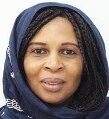
Dr. Fatima Akilu
Executive Director, NEEM Foundation
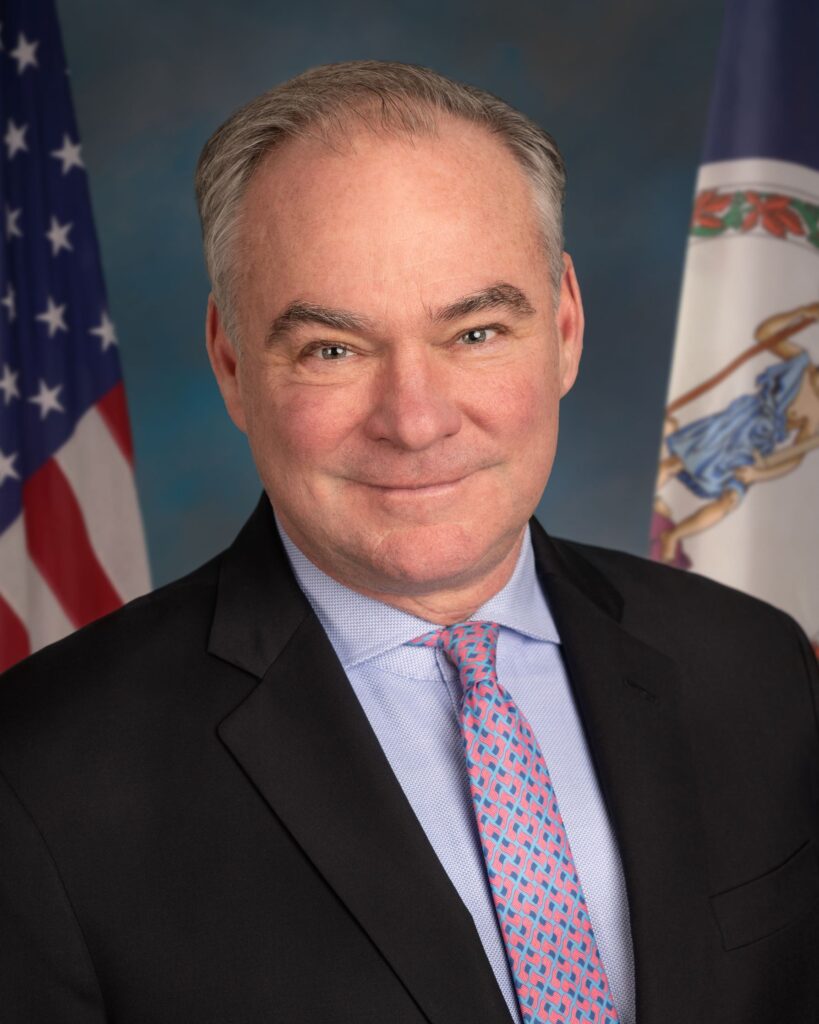
Senator Tim Kaine
United States Senator for Virginia
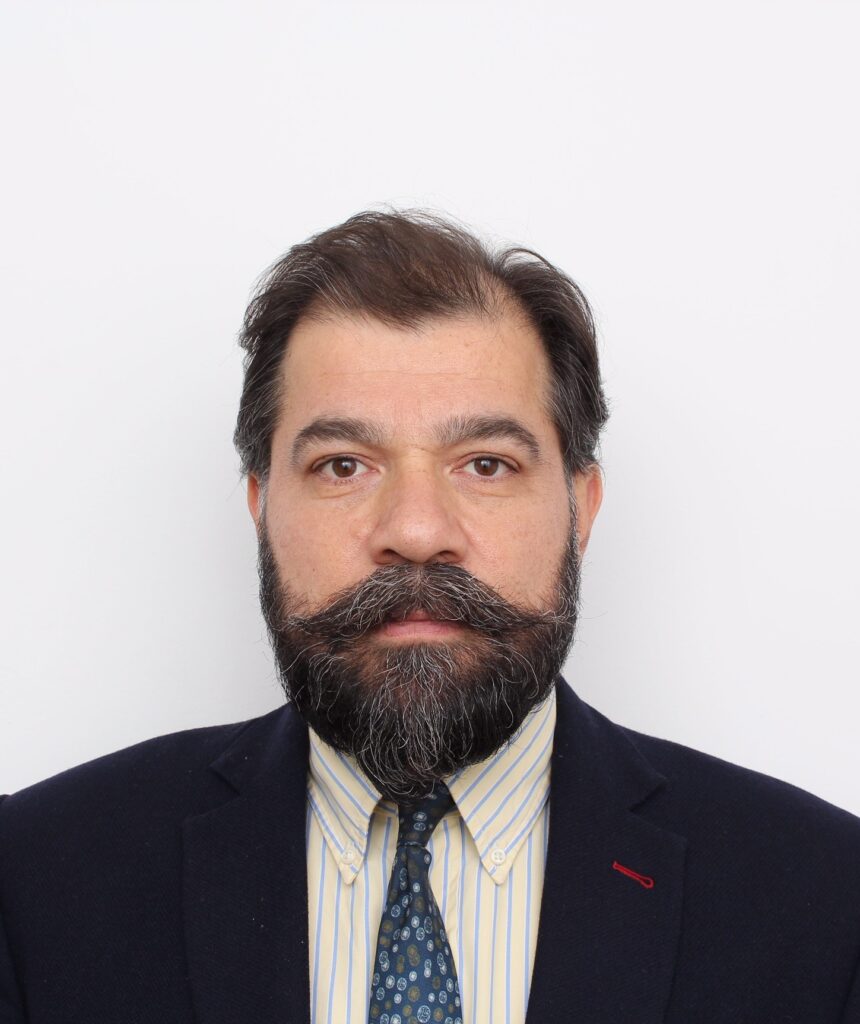
Mr. Jawed Ludin
Former Deputy Foreign Minister, Afghanistan

Dr. Constanze Stelzenmüller
Senior Fellow, Fritz Stern Chair on Germany and trans- Atlantic Relations at Brookings Institution

Moderator Mr. Nick Schifrin
Foreign Affairs and Defense Correspondent, PBS NewsHour
The rapid withdrawal of US troops from Afghanistan has raised questions and concerns about the possibility of the next security shock to be heard around the world – the next 9/11. The January 6th insurrection at the U.S. Capitol, the growing threat of climate change, and the COVID-19 pandemic are examples of disruptive events that lead security experts to ask: what catastrophe will trigger the next global security crisis? How can democracies around the world protect themselves against the next big threat?
Sen. Tim Kaine posits that the next 9/11 will—literally and figuratively—come from within the house. He believes that there is something rotten in the state, and policymakers must work on fixing internal institutional and cultural issues to be resilient to external attacks. Dr. Fatima Akilu raises concerns that climate change, disinformation, and poor connections—both physical infrastructure and human—are exacerbating global jeopardy. Looking specifically at Afghanistan, Dr. Constanze Stelzenmüller notes that the American-Afghani relationship runs deeper than political allyship and underscores the importance of the human aspect in security actions. Jawed Ludin highlights that international and Afghani solidarity and skepticism against the Taliban is an opportunity for community empowerment to prevent the next 9/11.
The array of unprecedented and systemic security problems that have arisen in the past 20 years demonstrate that democracy is neither infallible nor impenetrable. However, not all hope is lost. Global collaboration and renewed commitments emerge during times of crisis. Going forward, the question to ask is: will policymakers be able to see the forest from the trees?
One thing we must not underestimate is the imagination of terrorist groups.
— Dr. Fatima Akilu, Executive Director, NEEM Foundation, Nigeria
I have vivid memories of just how deprived and war weary ordinary Afghans were. How fathers wanted their daughters to finally go to school. Women wanted to finally get out of the house.
— Constanze Stelzenmüller, Fritz Stern Chair and Senior Fellow, The Brookings Institution, Germany
I think we have got a problem in the United States, and in democracies in the world: Our immune systems are weak.
— Tim Kaine, Senator from Virginia, United States Senate, United States
I’m really worried about what’s happening in Afghanistan, because it could be taken as an inspiration for a lot of terrorist attacks.
— Dr. Fatima Akilu, Executive Director, NEEM Foundation, Nigeria
20:00
Shuttle to Pier 21
20:00-22:00
Gala Dinner
CINDY HENSLEY MCCAIN
WITH WOMEN FELLOWS
22:30
NIGHT OWLS
Afghanistan: Why?
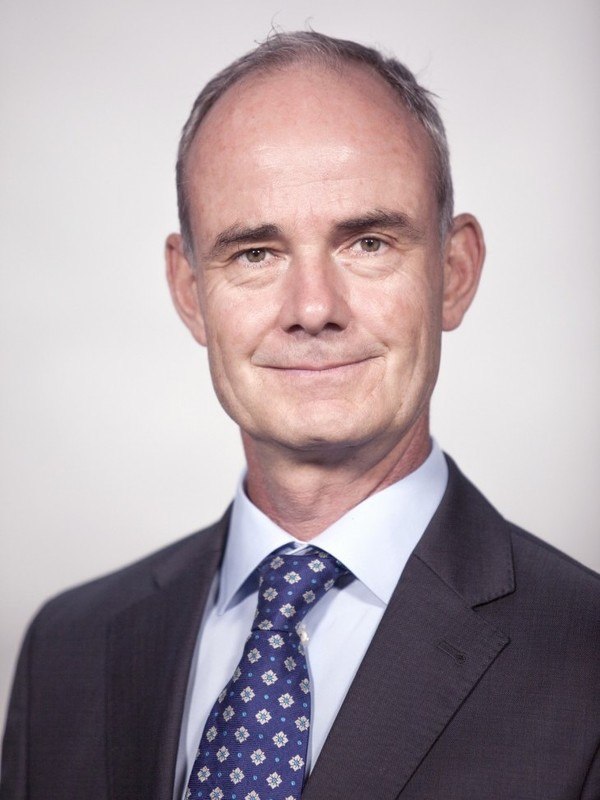
Dr. Gilles Carbonnier
Vice-President, International Committee of the Red Cross; Sabrina Saqeb, Former Member of Parliament, Afghanistan

Sabrina Saqeb
Former Member of Parliament, Afghanistan
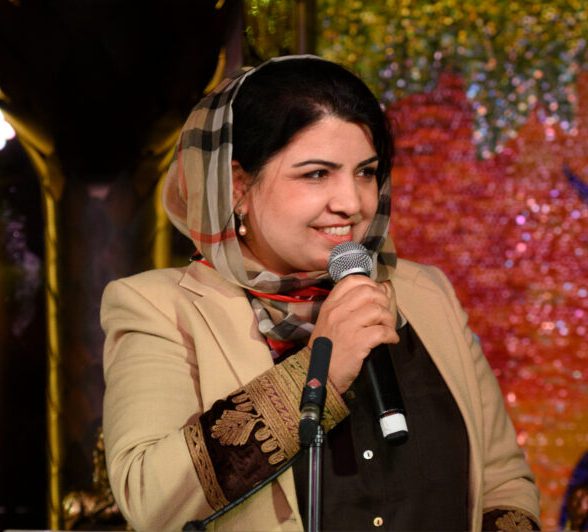
Ms. Kamila Sidiqi
CEO Kaweyan Group of Companies and Former Deputy Minister of Commerce, Afghanistan
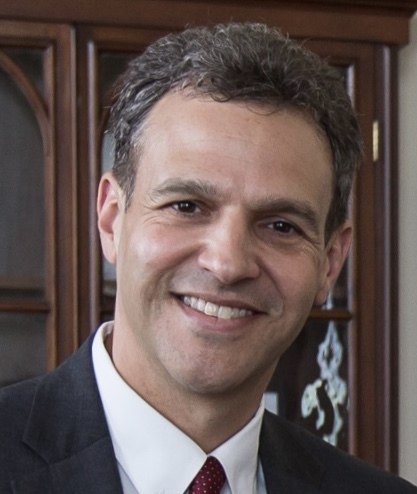
Moderator Roland Paris
Director, Graduate School of Public and International Affairs, University of Ottawa
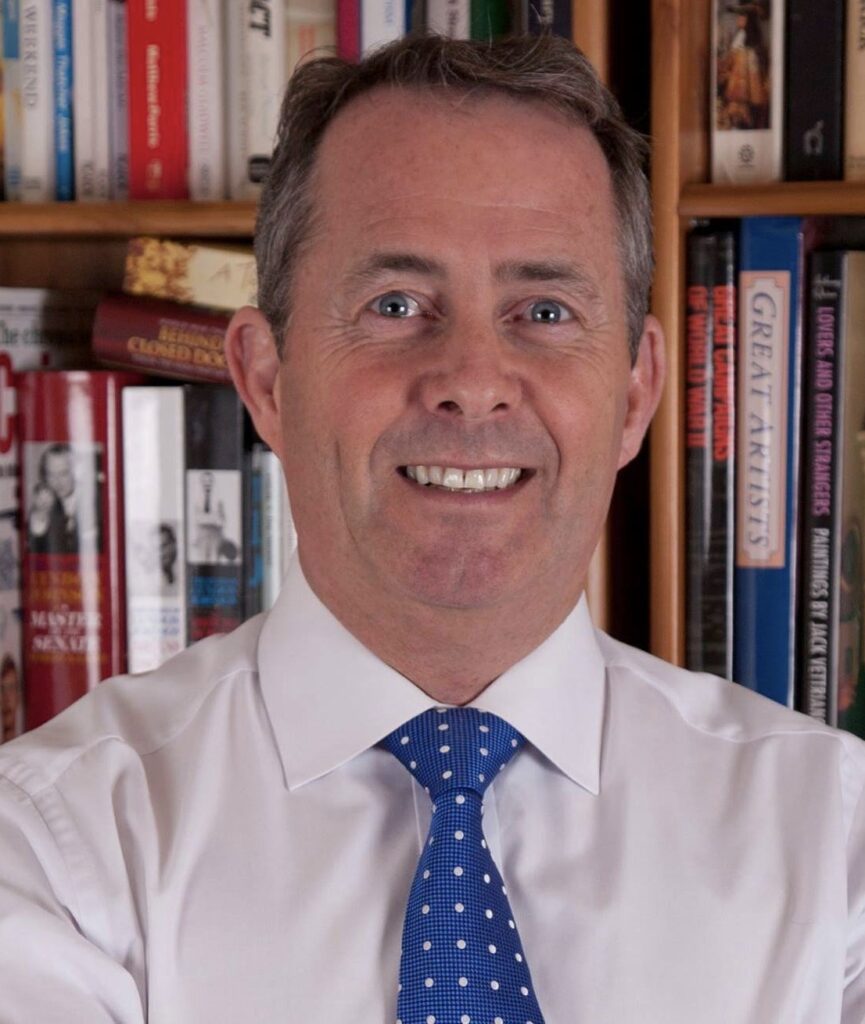
Dr. Liam Fox
Member of Parliament, United Kingdom
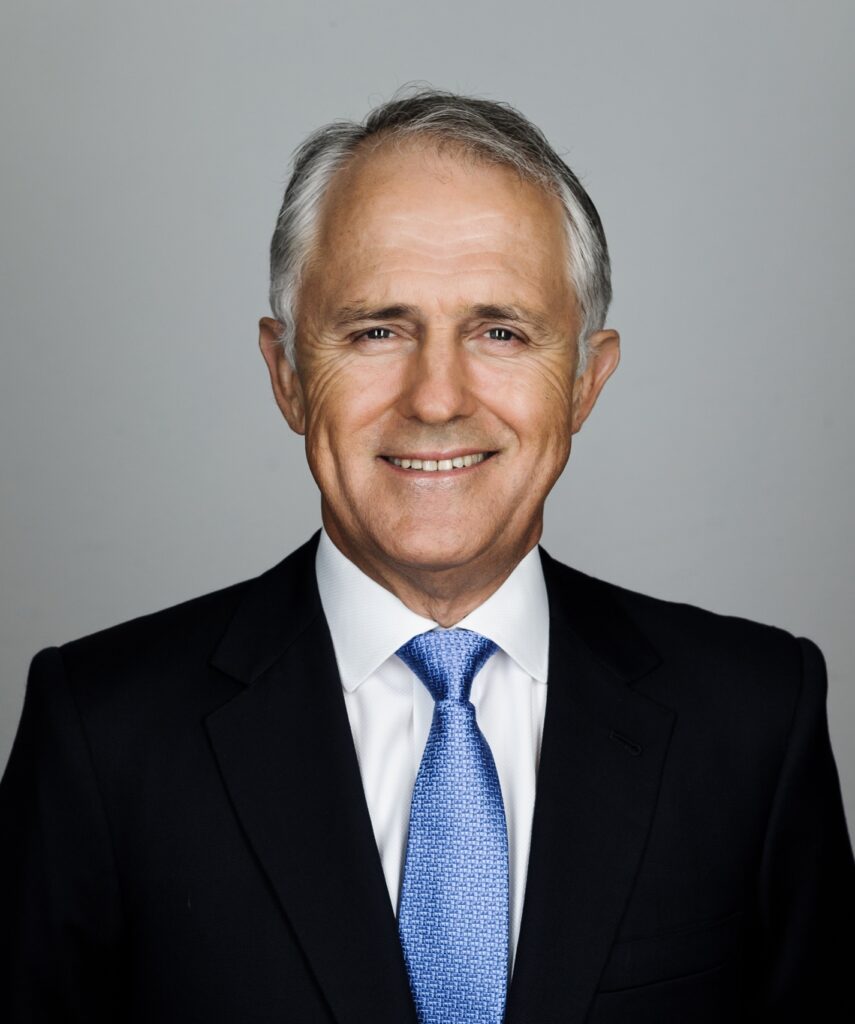
The Honourable Malcolm Turnbull
29th Prime Minister, Australia
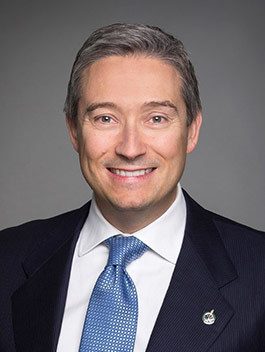
Minister François-Phillipe Champagne
Minister of Innovation, Science and Industry, Canada
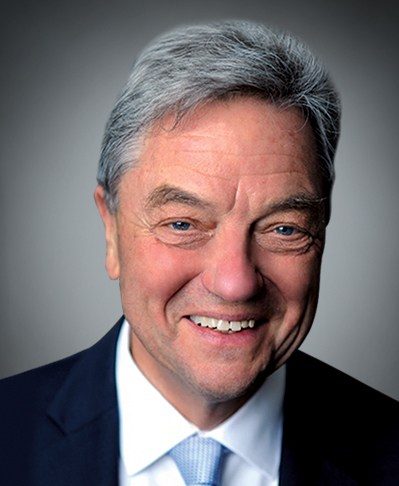
Sir Michael Arthur
President, Boeing International
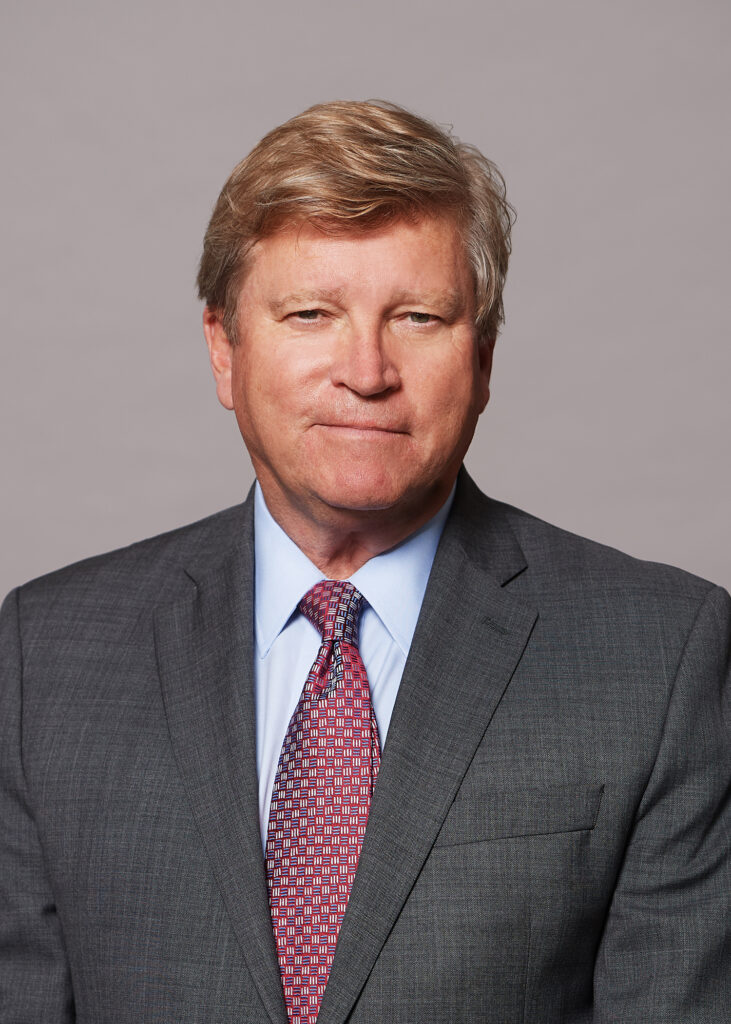
Moderator Mr. Tom Clark
Chair, Public Affairs and Communications at Global Public Affairs
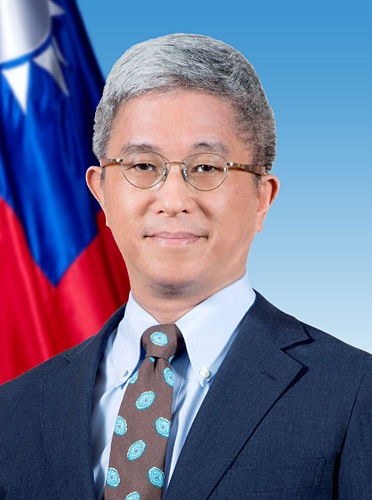
Dr. Szu-chien Hsu
Deputy Secretary-General, National Security Council, Taiwan

Mr. Jan Havránek
Deputy Minister of Defence Policy and Strategy, Czech Republic
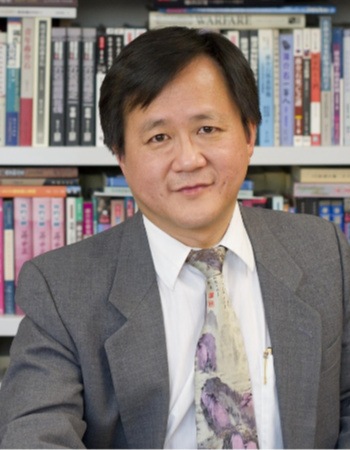
Professor Steve Tsang
Director, China Institute at the School of Oriental and African Studies, University of London
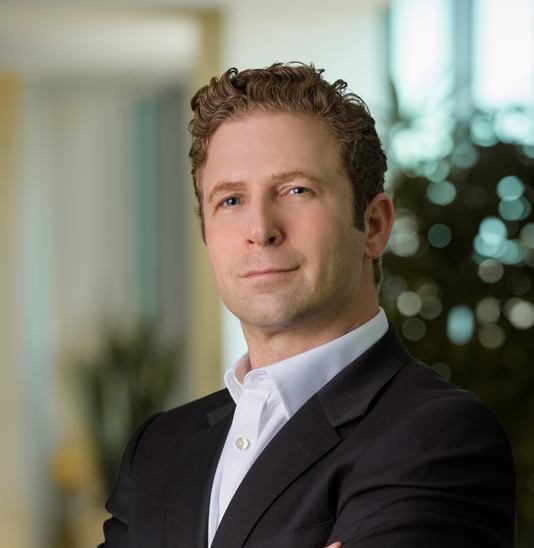
Moderator Mr. Dean Fealk
Managing Partner, DLA Piper
